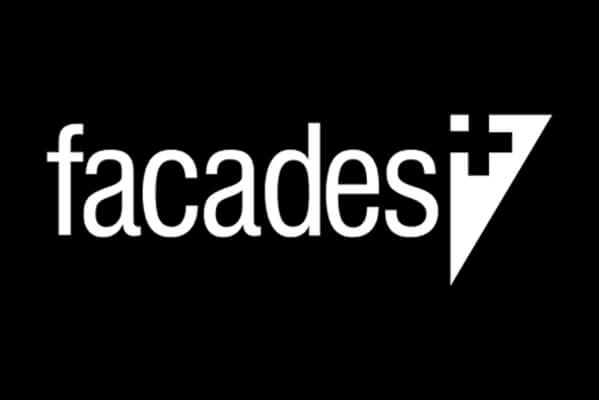It has been close to three years since a gunman detonated a bomb inOsloand then stormed a small summer camp off the coast of Norway, killing 77 people and cementing a record as the worst mass shooting in modern memory. The Swedish artistJonas Dahlbergrecently won a competition, Memorial Sites After 22 July, to create an officialmemorialat the sites of the 2011 Norwegian massacres.
(Courtesy Benjamin Tallerås)
Dahlberg was unanimously chosen by a group that included representatives of the Labour party and victim support groups. He beat three hundred other entrants including former Turner Prize winner Johnathan Deller. Two memorials will be opened on July 22, 2015—the fourth anniversary of the attacks—with an amphitheater to come at a later date.
Dahlberg’s design focuses on a memory wound. The designer sliced a 12-foot-wide slit into the Sørbråten peninsula, which faces the island of Utøya where Breivik killed 69 people. It marks a “symbolic wound” in the landscape.
(Courtesy Jonas Dahlberg Studio)The designer was inspired to create this “wound” after visiting the site. “I noticed how different the feeling was of walking outside innature, compared to the feeling of walking through the rooms of the main building,” he explained in a statement. “The experience of seeing the vacant rooms and the traces of extreme violence brought me—and others around me—to a state of profound sadness.”
But, outside, things felt different, as though nature was already in regeneration. “Although we stood directly on the very place where many people had lost their lives, nature had already begun to obscure all traces,” he said.
(Courtesy Jonas Dahlberg Studio)(Courtesy Jonas Dahlberg Studio)He came up with an idea rather than building a traditionalmonumenthe would focus on nature itself by creating 70-foot-wide gap carved out of the island, separating the headland from the main island.
“The design physically relates to the interruption that occurred in the everyday life flow of Norwegian society,” he said. “Yet it is indeed everyday life that must carry on.”
(Courtesy Jonas Dahlberg Studio)(Courtesy Jonas Dahlberg Studio)(Courtesy Jonas Dahlberg Studio)











